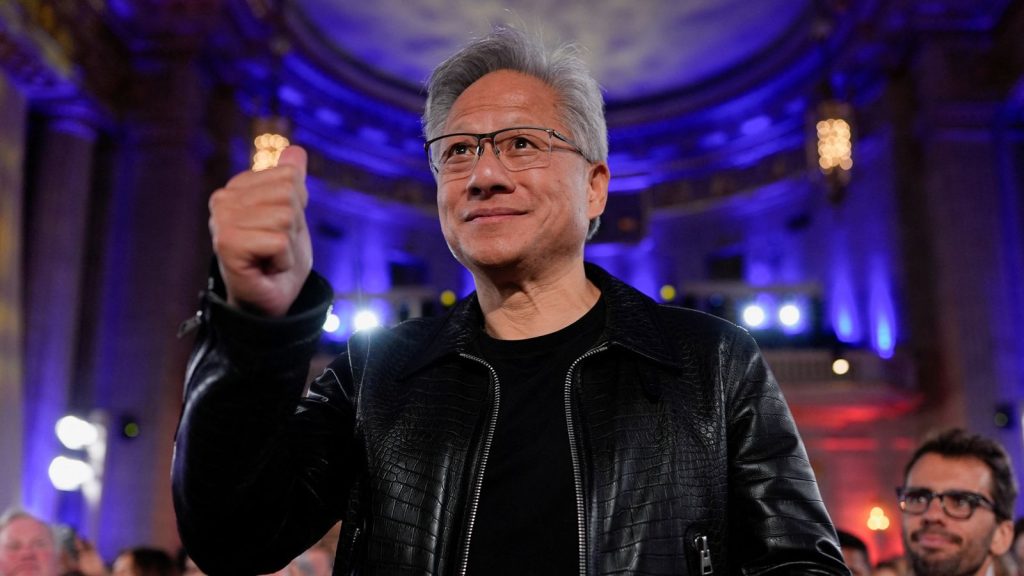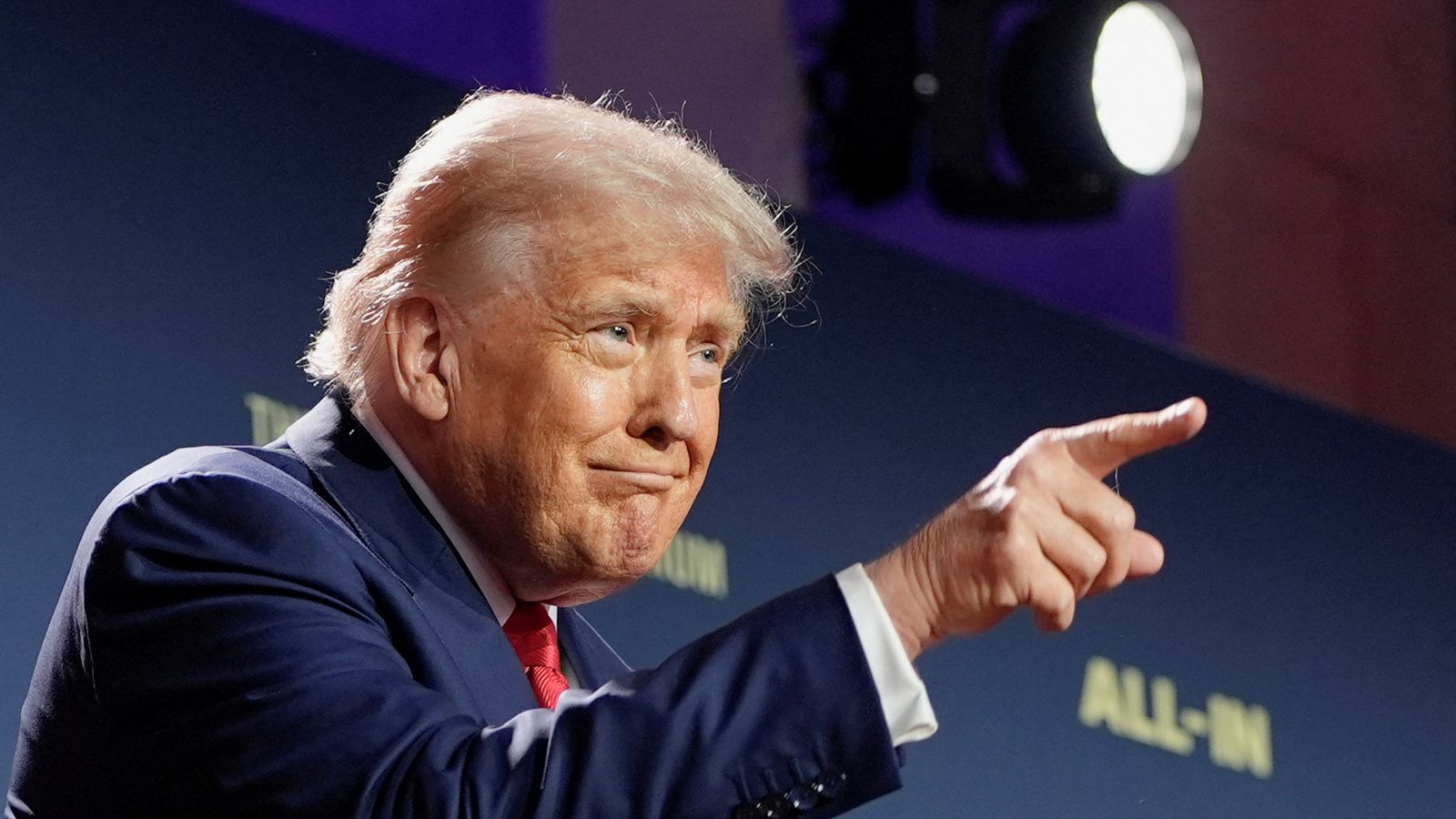Former President Donald Trump has declared that the United States will lead the global race in artificial intelligence, as his administration introduced a sweeping AI Action Plan aimed at accelerating development and global competitiveness in the field.
The plan proposes easing environmental regulations to fast-track the construction of energy-intensive data centers that power AI technologies. It also emphasizes a major push to increase the export of American AI hardware and software.
Comprising 90 key recommendations, the plan is part of a broader effort to ensure the U.S. maintains its technological and strategic advantage over China, as both nations vie for dominance in AI, which is expected to shape the global economy and military landscape throughout the century.
In a speech delivered at the “Winning the AI Race” summit in Washington D.C., Trump stated, “America launched the AI revolution, and as your president, I’m declaring that we’re going to win it.” He emphasized the importance of a unified national regulatory framework, calling for a single federal standard to replace the patchwork of state-level regulations.
Trump also criticized regulatory barriers, asserting that the U.S. should be a place where innovation is encouraged rather than hindered by bureaucracy. “Innovators should see a green light, not be buried in red tape,” he said.

The proposed export expansion could significantly benefit major tech firms such as Nvidia, AMD, Microsoft, Google, OpenAI, and Meta (formerly Facebook), all of which are heavily invested in AI technologies.
Trump’s new direction reverses several AI-related policies enacted by President Joe Biden. These include lifting restrictions on AI chip exports to China and overturning rules meant to limit the international spread of U.S. AI computing power. He also revoked Biden’s executive order focused on promoting competition, consumer protection, and combating AI-driven misinformation.
A controversial aspect of the Trump plan includes blocking federal contracts with tech companies unless they can prove their AI systems are “free from top-down ideological bias.” His AI advisor, David Sacks, has been vocal in criticizing what he calls “woke AI” for over a year.
As demand for AI and cloud services grows, power usage in the U.S. is surging to levels not seen in decades. This has led the tech sector to lobby for relaxed energy connection rules. However, the boom in AI infrastructure is also driving increased fossil fuel consumption, raising concerns about its environmental impact.



